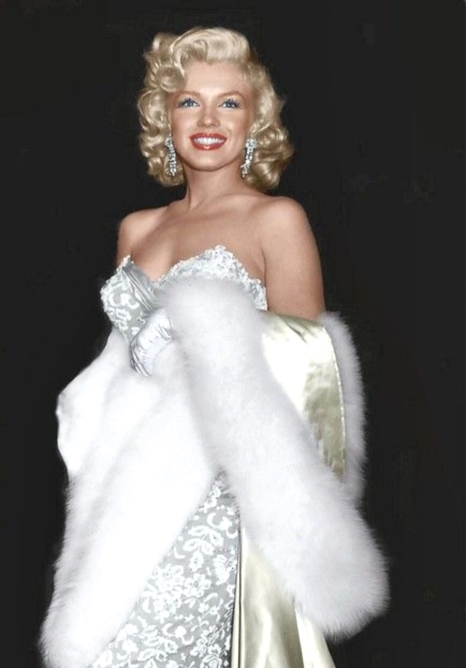The Norman Jefferies Conundrum
Eunice Murray frequently testified that her son-in-law arrived at Fifth Helena after she telephoned him later during the morning of the 5th: she summoned him to replace the broken glass in Marilyn’s bedroom casement window. Mrs. Murray never asserted that her son-in-law spent the night of August the 4th at Fifth Helena; even so, if he was already there, because he had spent the night, why did she need to summon him by telephone; but, if he spent the night, where did he sleep?
Marilyn’s hacienda contained only one actual bed: Eunice Murray slept on a cot Saturday night and so did Pat Newcomb when she stayed with Marilyn the Friday night before, a cot located in a small area near Marilyn’s bedroom setup as an area for guest sleeping; and Marilyn did not have a sofa suitable for sleeping. Did Jefferies sleep in his truck? Where he might have slept that night notwithstanding, not one person present that morning, not even Eunice Murray, mentioned Jefferies’ presence during the discovery of Marilyn’s body; and Jefferies’ name does not appear in any of the police reports. Additionally, Jefferies presence in the hacienda was not noted by Sgt Jack Clemmons when he arrived on the scene at 4:35 AM. Many years later, Sgt Clemmons would admit that he did not search the entirety of Marilyn’s modest home; but in retrospect, he believed that Norman Jefferies had hidden himself somewhere in the hacienda, a statement of personal belief possessing absolutely no evidentiary value whatsoever.
Various conspiracists have opined that the police never interviewed Jefferies because Los Angeles law enforcement officials were part of the massive cover-up; and they suppressed the knowledge that Jefferies possessed by ignoring it; but then, it is also entirely possible that Mrs. Murray’s son-in-law was not interviewed by the police because he was not present at Fifth Helena Drive when the uniformed officers and plain clothes detectives began to arrive, take control of the scene and question those present; and since he was not present, what could he possibly have known?
Even though Eunice Murray’s son-in-law appeared in Anthony Summers’ 1985 pathography about the sex life and death of Marilyn Monroe, mostly her sex life, Summers did not associate Jefferies’ name with the arrival of Hall’s ambulance; only Hall’s name received that association. Jefferies first appeared as a witness to those events within the pages of Donald Wolfe’s 1998 publication about Marilyn’s last days, that publication’s 2012 paperback and subsequent eBook. Jefferies informed Wolfe that he observed both the arrival of an ambulance and then the arrival of Ralph Greenson, who plunged that fatal hypodermic into Marilyn’s chest; but apparently neither Jefferies nor anyone who observed Marilyn’s murder noticed that wild blonde hair growing from the center of her chest; but then I digress―as I often do.
According to Jay Margolis and Richard Buskin, after Peter Lawford and Pat Newcomb arrived at Fifth Helena sometime prior to 11:00 PM, before the ambulance had arrived, Jefferies testified, due to Pat’s screaming hysteria, which she directed at Mrs. Murray, he relocated his mother-in-law into Marilyn’s hacienda into the living room, where they remained until after Marilyn had been declared dead. That being the case, then neither he nor Mrs. Murray actually observed the ambulance arriving or Dr. Greenson injecting Marilyn, obviously contradicting what the handyman reported to Donald Wolfe.
As I have already noted, by the time Wolfe interviewed Jefferies in Arkansas, the man Wolfe interviewed was old, extremely ill and near death. Perhaps Jefferies advanced age and his terminal illness had not diminished the acuity of his memory; but we can never know that beyond a reasonable doubt. As I also noted in a previous section, Jefferies’ reliability as a witness has been questioned by various Marilyn historians and other Marilyn experts due to the many contradictory statements he made, over thirty years after the fact, regarding the events of August the 4th and 5th, some of which I have already noted herein and above. If Norman Jefferies knew the facts, and he was actually present during the tragic events of those summer days in 1962, why did he fail to write a book about his experiences with, and the murder of, the world’s most famous actress? Such a book would, most certainly, have been a New York Times bestseller.


